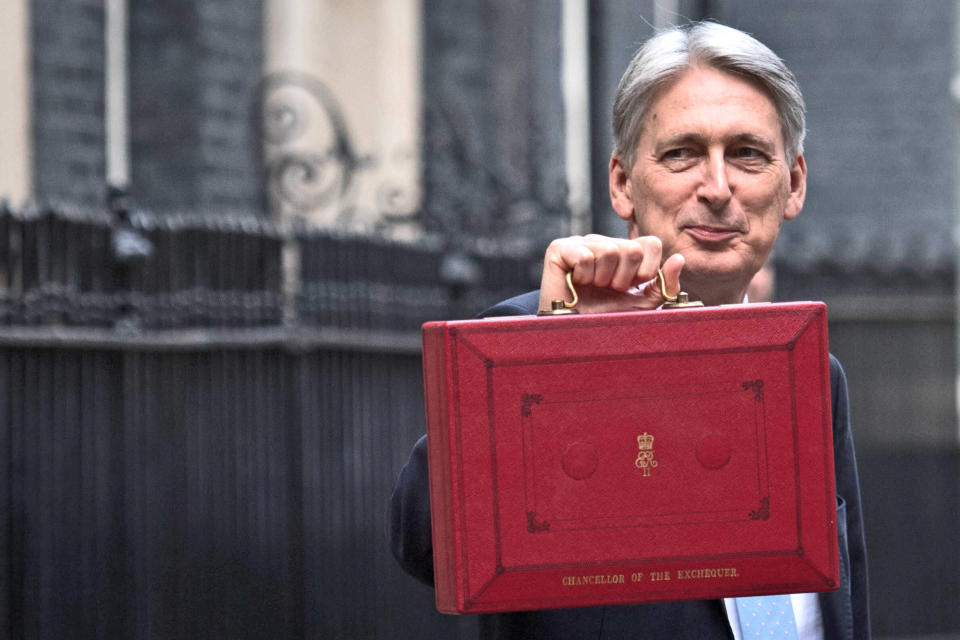Why the OECD says UK shouldn't brag over record employment

Rising employment is usually a positive sign for an economy, showing businesses expanding and creating roles that allow people to earn their living.
So the UK chancellor Philip Hammond naturally welcomed figures showing the UK’s employment rate at its joint-highest on record at 76.1% last month.
He even accused the opposition Labour party of constantly trying to “talk down our remarkable achievement on jobs” in his spring statement in March.
But Labour, which has raised concerns about job quality, pay and underemployment, is not the only organisation questioning a seemingly obvious good news story.
Now the less obviously partisan Organisation for Economic Co-operation and Development (OECD) has sounded its own warning about exactly why employers are hiring in Britain.
READ MORE: Corbyn’s former economics adviser calls him a ‘pro-Brexit buffoon’
A new OECD report released today warns British firms are holding back investment because of the continued uncertainty over what Brexit could mean for their business.
Crucially, it says: “Firms have been meeting demand by hiring rather than investing.”
The OECD warns Brexit-related uncertainty will carry on holding back investment until there is “clarity” over Britain’s future trade arrangements with the EU.
Record employment levels have surprised some economists, who feared Brexit would already have wiped out jobs.
But there are suspicions some firms are choosing to hire because it is a cheaper and less risky short-term way of meet current demand than major investments in equipment and technology, which could significantly boost current or future productivity.
That might be good news for some workers themselves, but it could help explain poor levels of British productivity growth - and it would not be a ringing endorsement of their faith in the UK economy or its government.
Other business surveys have indicated growing numbers of firms are preparing to cut jobs in future amid gloom about the economy’s long-term prospects.
The OECD expects economic activity to grow at slightly above 1% this year and next, but only on the assumption there is a “smooth transition and exit” from the EU after 2020.

 Yahoo Finance
Yahoo Finance 